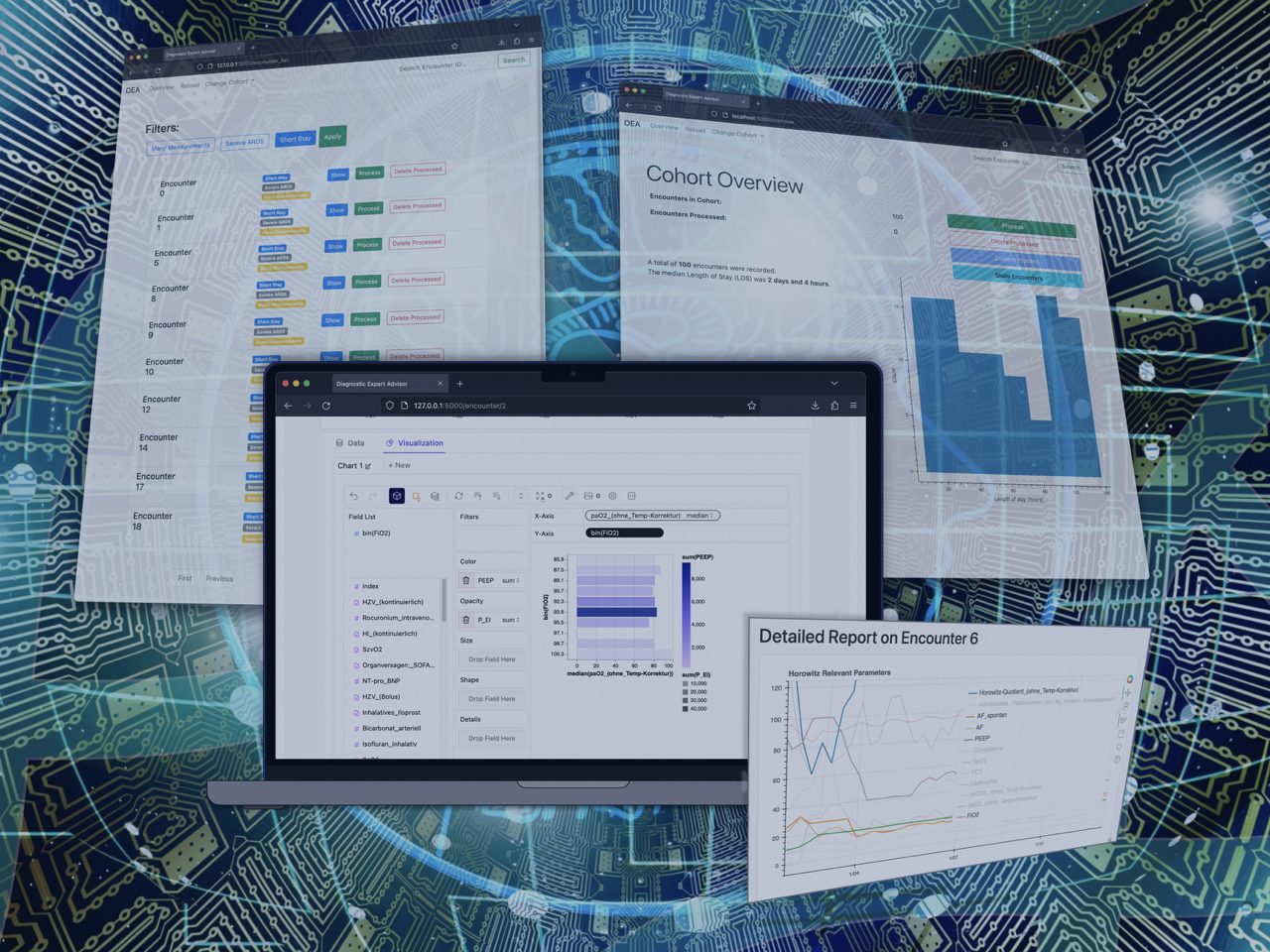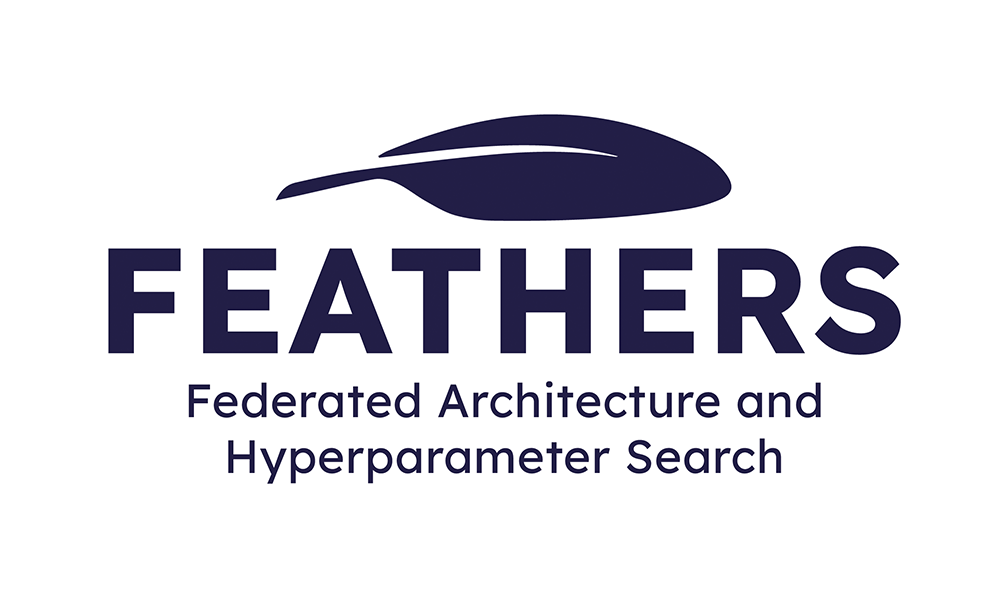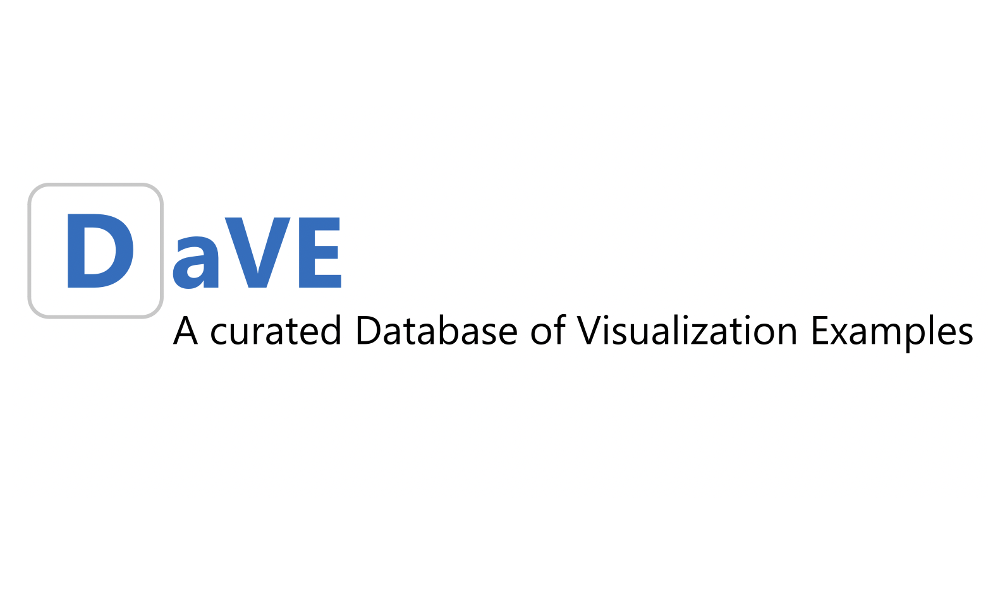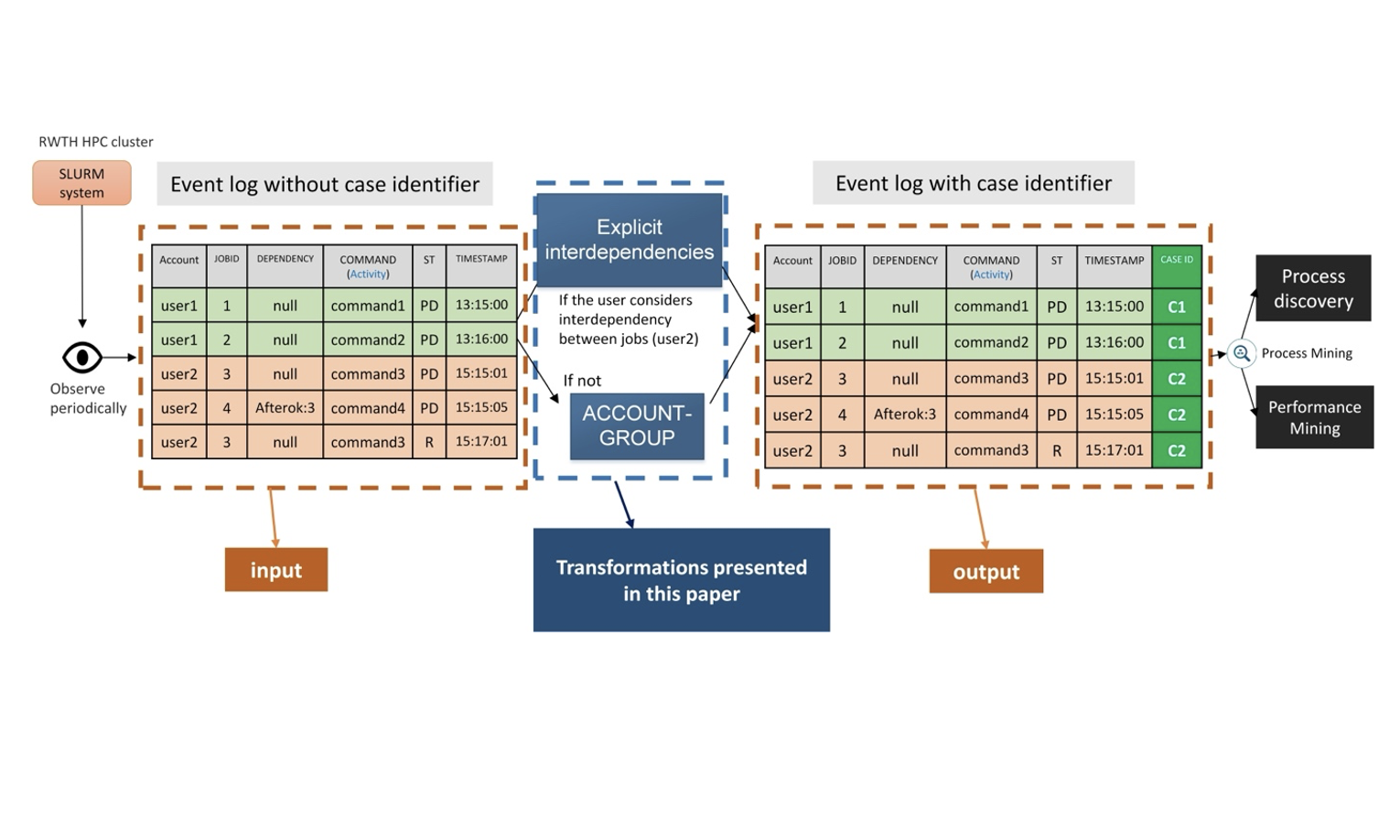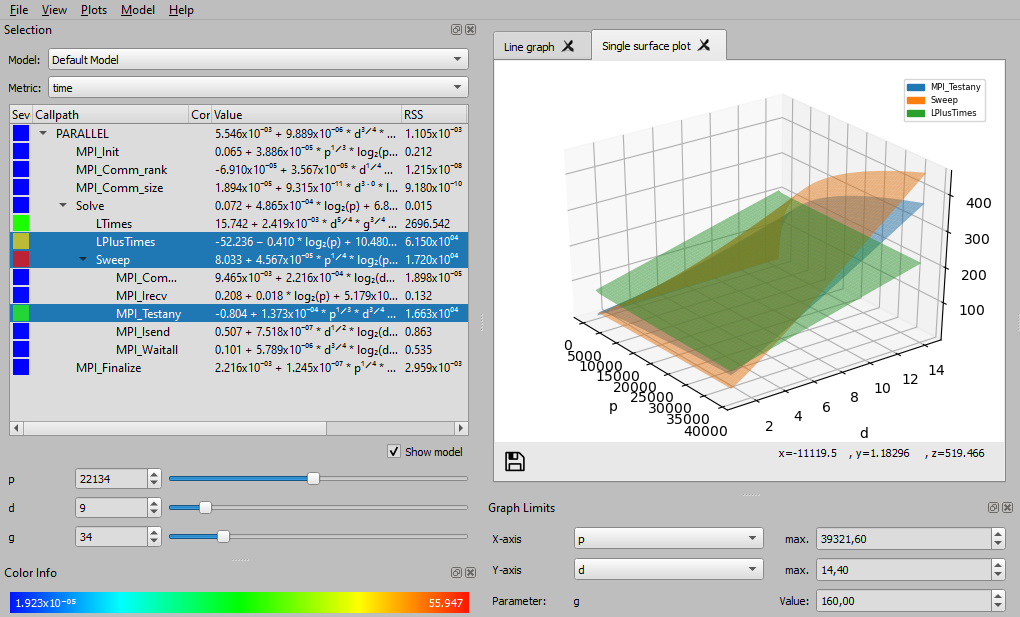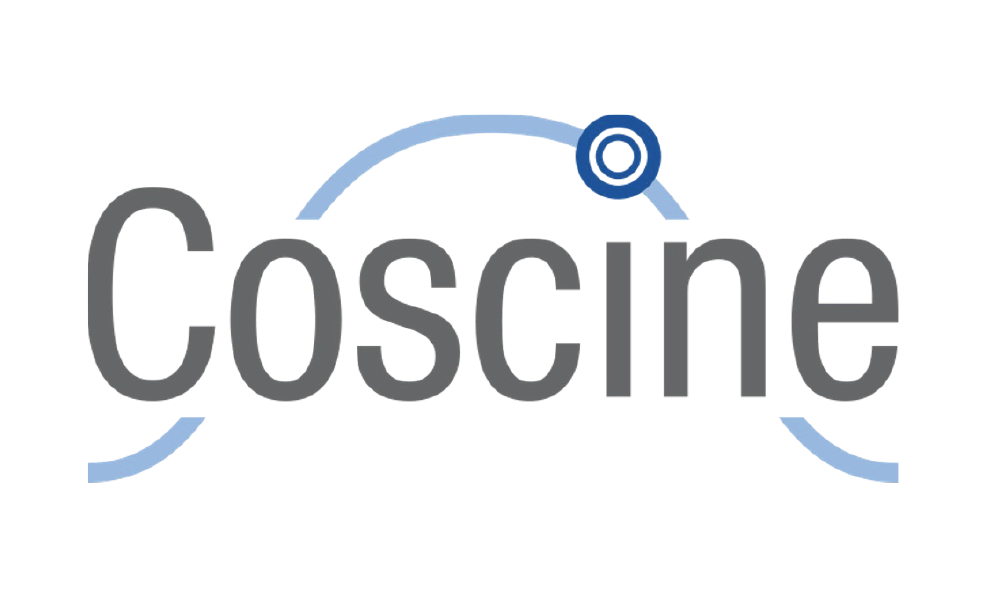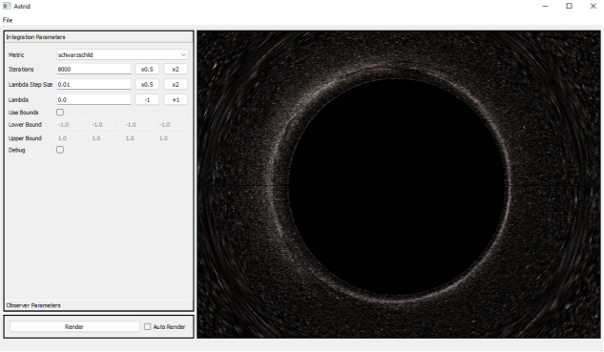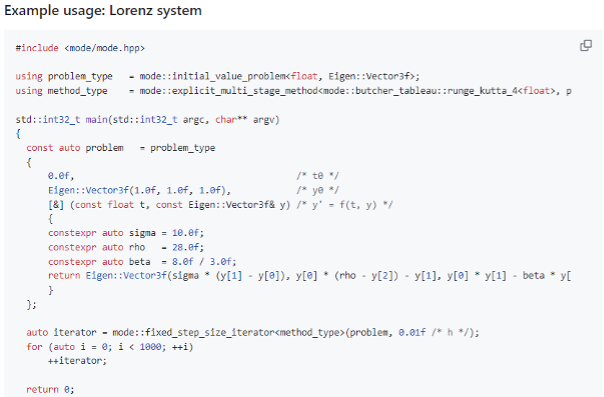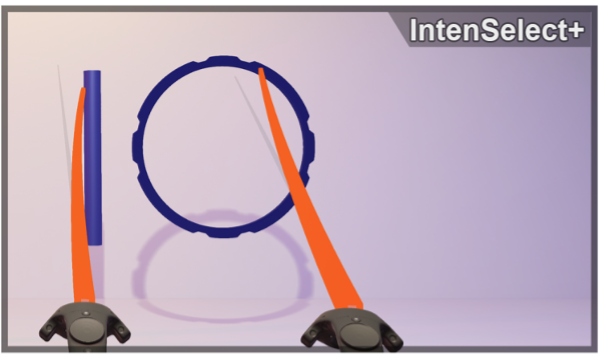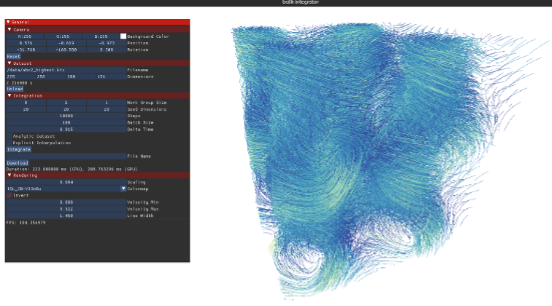Research tools for users - created by NHR4CES
and RWTH Aachen University
At NHR4CES, our Cross-Sectional Groups and Simulation & Data Labs (SDLs) are dedicated to providing users with comprehensive support for their scientific goals. Our mission is to empower researchers through high-performance computing (HPC), offering state of the art infrastructure such as CLAIX-2023 and Lichtenberg II. We assist users at every stage of their projects—from initial application to implementation and final reporting.
Beyond infrastructure, our SDLs provide scientific consulting, developing a range of tools designed to simplify workflows and make HPC more accessible. These resources add significant value to the research community. Explore our repositories, open-source tools any many more to find what’s helpful for you. If you need further assistance, don’t hesitate to contact us.
DEA
– a platform that enables intuitive and easy use of HPC in a patient-centered structure
Helpful for?
Researchers and clinicians working with medical (timeseries) data and any kind of compute intense application
And how?
“The Diagnostic Expert Advisor (DEA) is a platform for intuitive use of HPC in a patient-centric structure, enabling quick setup of machine learning models on medical data. Developed in the SDL Digital Patient, it supports research on the NHR4CES HPC infrastructure”, says Richard Polzin, researcher from our SDL Digital Patient.
#opensource #medicaldata #machinelearning
FEATHERS
– a framework for automatic optimization of neural architectures and hyperparameters
Helpful for?
Users, who might not have access to data on all machines, making manual tuning of architectures and hyperparameters impractical or even impossible
And how?
“FEATHERS automatically optimizes neural architectures and hyperparameters in federated learning, where data is distributed across multiple owners. It uses gradient-based neural architecture search and bandit-based hyperparameter optimization to identify high-performing models”, explains Jonas Seng, member of our CSG Data Science and Machine Learning.
#opensource #machinelearning #hyperparameter
DaVE
– a curated Database of Visualization Examples
Helpful for?
Users who want to find, explore, and run advanced visualization techniques suitable for their data
And how?
“DaVE is a centralized repository for discovering visualization examples through a simple search. It offers seamless integration into workflows with adaptable containers. Whether you’re exploring advanced visualizations or practical solutions for simulations, DaVE helps find useful resources. Users can also contribute by easily adding their own examples, regardless of experience level”, says Tim Gerrits, leader of our CSG Visualization.
#visualization #repository #database
SLURMminer
– a tool designed to analyze SLURM systems in High Performance Computing clusters
Helpful for?
Researchers and HPC administrators who need to analyze SLURM-managed HPC systems efficiently
And how?
“SLURMminer is a tool for analyzing SLURM systems in HPC clusters. It uses process mining techniques to generate event logs, extract process models, and visualize key metrics. By offering insights into workflow execution, system utilization, workload balancing, and anomaly detection, it helps researchers and administrators assess performance and analyze user behavior efficiently.”, states Zahra Sadeghibogar, member of our CSG Data Science and Machine Learning.
#machinelearning #code #slurm
DiscoPoP
– a framework for semi-automatic parallelization of sequential C/C++ codes
Helpful for?
Researchers and developers interested in parallelizing their compute-intensive sequential code
And how?
“DiscoPoP was developed by the CSG Parallelism and Performance. By utilizing static and dynamic program analyses, it is able to identify potential for parallelization and offer guidance during the parallelization process”, says Lukas Rothenberger, researcher in the CSG Parallelism and Performance.
#opensource #parallelization #codeanalysis
Extra-P
– a new hyperparameter optimization algorithm
Helpful for?
Researchers and developers optimizing the performance/scalability of their compute/communication intensive application
And how?
“Extra-P is an automatic tool for performance modeling that helps identifying scalability bugs by describing how performance metrics like execution time scale with input size or processor count. Developed in the CSG Parallelism and Performance, it supports performance optimization on the NHR4CES HPC infrastructure”, explains Gustavo de Morais, researcher in the CSG Parallelism and Performance.
#opensource #scalabilityanalysis #performancemodeling
Coscine
– a research data management platform for your research project
Helpful for?
Researchers from participating universities or with an ORCID, who need a research data management platform for their research project
And how?
At RWTH Aachen University, we develop and maintain Coscine, a research data management (RDM) platform. It allows project participants to manage data and metadata through various services (so-called resources) in line with the FAIR principles. Particularly useful in the context of HPC, Coscine supports automation and metadata extraction, helping researchers manage large datasets and improve data reusability”, explains Marcel Nellesen, member of our CSG Data Management.
#coscine #datamanagement #data
IBO-HPC
– a new hyperparameter optimization (HPO) algorithm
Helpful for?
Users, who want more control over their optimization process and to boost the performance of hyperparameter optimization
And how?
“Finding optimal hyperparameters is essential for high-performing machine learning models. Traditional hyperparameter optimization (HPO) approaches are either manual, which is time-consuming, or fully automated, which doesn’t utilize user knowledge. IBO-HPC is a new HPO algorithm that addresses this by allowing users to provide feedback during optimization, combining automation with expert input to accelerate the process. This hybrid approach retains the efficiency of automatic methods while leveraging valuable insights from users to speed up optimization”, says Jonas Seng, member of our CSG Data Science and Machine Learning.
#machinelearning #code
BoSSS
– an open-source framework
Helpful for?
Researchers, whose main field of application is multiphase flows with moving interfaces
And how?
“BoSSS (Bounded Support Spectral Solver) provides a general foundation for the scientific development, application and evaluation of higher-order discretization schemes based on the Discontinuous Galerkin (DG) and extended DG (XDG) method. It aims to overcome the gap between prototype codes with limited performance and generality on the one hand, and highly-optimized single-purpose research codes on the other hand“, says Martin Smuda, member of our SDL Fluids.
#cfd #solver #opensource
Astray
– a performance-portable geodesic ray tracer
Helpful for?
Users doing physics simulations describing various metrics in spacetime
And how?
“Astray is a high-performance geodesic ray tracing library capable of running on a single or a cluster of computers equipped with compute or graphics processing units. The library is able to visualize any spacetime given its metric tensor and contains optimized implementations of a wide range of spacetimes, including commonly studied ones such as Schwarzschild and Kerr”, explains Tim Gerrits, member of our CSG Visualization.
#raytracing #physics #visualization
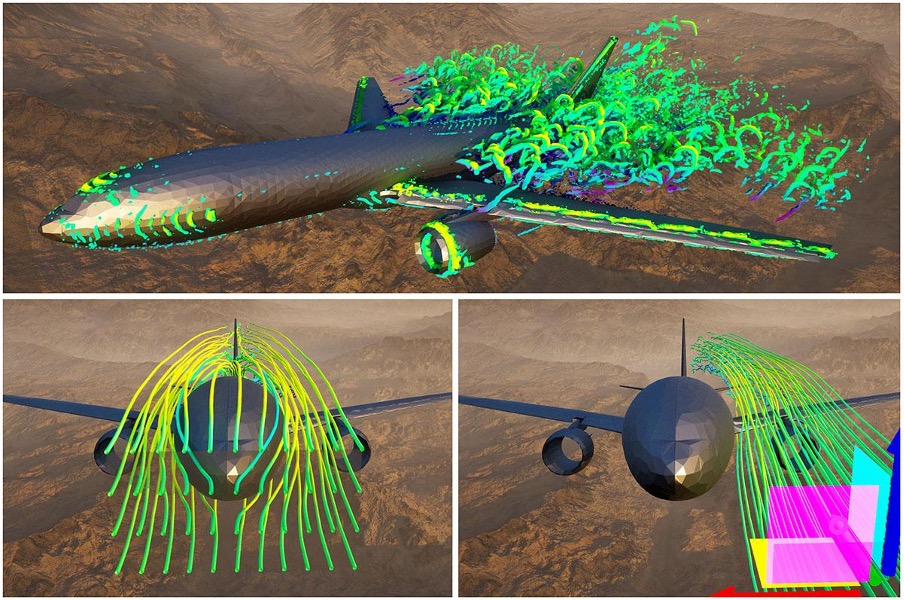
InsitUE
– a hybrid in-situ visualization library through Unreal Engine and Catalyst
Helpful for?
Users who want to interactively visualize data from running simulations in the Unreal Engine
And how?
“InsitUE is a hybrid workflow that bridges the gap between established in-situ solutions and Unreal Engine. It consists of a Catalyst2 compatible implementation enabling steerable in-situ pre-processing with minimal outward dependencies and a plugin for Unreal Engine that allows effortless interactive in-transit visualization of simulation data”, says Tim Gerrits, member of our CSG Visualization.
#insitu #visualization
Code will be published soon
MODE
– a modern ordinary differential equation solver for C++ and CUDA
Helpful for?
Users who want to make use performant solving of ODEs on various hardware configurations
And how?
“MODE is a library that implements a broad range of multi-stage and multi-step methods, which are generated at compile-time from their tableau representations, avoiding runtime overhead. The solvers can be instantiated and iterated on the CPU and the GPU using identical code”, explains Tim Gerrits, member of our CSG Visualization.
#library #solver
IntenSelect+
– an enhanced score-based selection technique in virtual reality
Helpful for?
Users who want tu use modern interaction techniques for complex data in virtual reality
And how?
“IntenSelect+ is an enhanced version of the IntenSelect selection technique designed to overcome multiple shortcomings of the original approach leading to precise, fast, and comfortable object selections in a large variety of use cases”, says Tim Gerrits, member of our CSG Visualization.
#vr #selection #toolkit
BC6H Vector Compression
– a data compression tool for the processing of large vector fields
Helpful for?
Users that deal with large datasets describing vector fields, such as fluid flows
And how?
“The tool BC6H Texture Compression for Vector Field Visualization makes use of BC6H, a hardware-accelerated block-based compression format widely supported by modern GPUs, which can be used to improve the utilization of limited memory of GPU hardware for vector field visualization”, explains Tim Gerrits, member of our CSG Visualization.
#visualization #compression #rendering
A C++20 Interface for MPI 4.0
– a library
Helpful for?
Users that want to make use of modern C++ features to incorporate MPI 4.0 in their code
And how?
“This library is a modern and idiomatic header-only C++20 interface for MPI 4.0 that covers the complete specification and provides a number of features to improve code quality”, says Tim Gerrits, member of our CSG Visualization.
#library #mpi
m-AIA
– an open source project
Helpful for?
All german researchers and everyone with an ORCID Account
And how?
“m-AIA (multi-physics AIA) is a multi-physics solver framework with a focus on coupled problems related to computational fluid dynamics, computational aeroacoustics, fluid structure intercation etc. It is developed at the Chair of Fluid Mechanics and Institute of Aerodynamics (AIA) at RWTH Aachen University in Germany for more than 15 years. m-AIA is continuously applied in numerous research projects and is especially optimized for HPC hardware. In August 2024, m-AIA has become an open source project and is thus freely accessible”, explains Thomas Hösgen, member of our SDL Fluids.
#cfd #datamanagement
blastAMR
– a library for Load-balanced AdaptiveMesh Refinement in OpenFOAM
Helpful for?
OpenFOAM users who want to utilize adaptive mesh refinement with dynamic load balancing
And how?
“BlastAMR specializes in adaptive mesh refinement for polyhedral meshes, prioritizing efficient dynamic load balancing”, says Mohammed Elwardi Fadeli from SDL Energy Conversion “By using BlastAMR with OpenFOAM, users can handle sharp interface challenges with precision and achieve significantly faster results.”
#openfoam #cfd
multiRegionFOAM
– a multi-region coupling framework for OpenFOAM
Helpful for?
OpenFOAM users who are interested in solving physical problems spanning over multiple interface-coupled domains
And how?
“Many physical problems feature coupled transport through interface-coupled domains, like conjugate heat transfer or multiphase flow through fuel cells. MultiRegionFoam presents a modern and flexible framework for efficient solution of a variety of multi-physics problems with OpenFOAM”, says Holger Marschall from the SDL Energy Conversion.
#openfoam
FlameMaster
– a C++ program package for 0D combustion and 1D laminar flame calculations
Helpful for?
Users who wants to simulate 1D laminar flames or 0D chemical reactors
And how?
FlameMaster is a comprehensive open-source C++ code for numerical modeling of combustion processes. “Users can simulate a variety of configurations such as homogeneous reactors, steady counterflow diffusion flames, freely propagating premixed flames, and steady or unsteady flamelets”, explains Driss Kaddar from our SDL Energy Conversion.
#opensource
Archer
– the state-of-the-art data race detection tool for OpenMP programs
Helpful for?
Researchers developing parallel, multi-threaded applications
And how?
Archer is integrated into most compiler tool chains (AMD, HPE/Cray, Intel, LLVM) and enabled by compiling your OpenMP application with ThreadSanitizer flag. “After 10 years of development history, we are happy to support the HPC community to maintaining the tool in the context of the NHR4CES”, says Joachim Jenke from CSG Parallelism and Performance.
#openmp

XNS
– a CFD finite element solver
Helpful for?
Researchers interested in complex fluid flows and coupled problems.
And how?
“XNS is a computational fluid dynamics (CFD) finite element solver designed for simulating complex fluid flows and solving coupled problems. This includes problems such as fluid-structure interaction, viscoelastic flow, multiphase flows, transport problems, and both incompressible and compressible flows. XNS is written in modern Fortran and uses MPI for parallelization. It is actively developed at the Chair for Computational Analysis of Technical Systems at RWTH Aachen University, and features modularity, portability, and scalability on HPC systems. XNS is planned to become open-source in 2025”, says Felipe Gonzalez, member of our simulation and data labs.
#cfd #mpi
